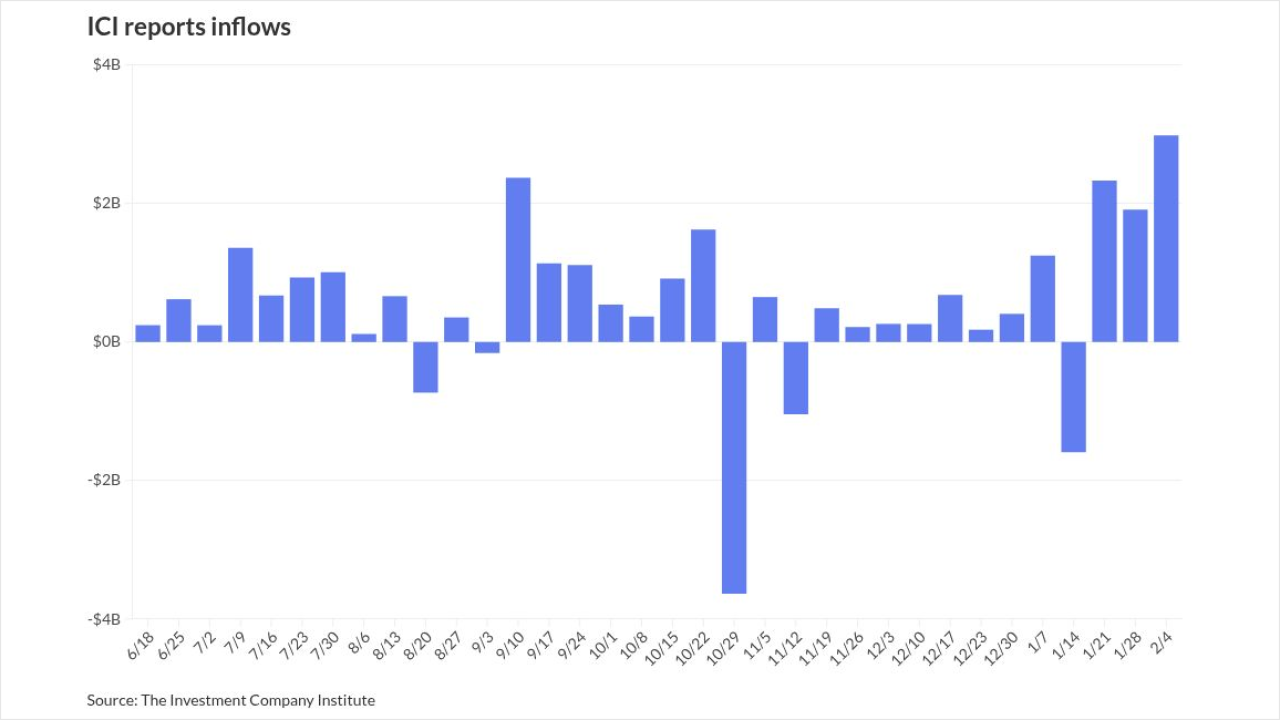Junk-rated Pennsylvania nonprofit regional healthcare system Tower Health plans to exchange outstanding debt and issue new bonds to help bring about its turnaround.
Tower Health plans to issue, through the Berks County Municipal Authority, $1.335 billion of revenue bonds.
The hospital operator plans to exchange $1.178 billion of debt for new bonds.

The purpose of restructuring is to give Tower Health more "leeway and breathing room to sort out their issues to avoid a bankruptcy scenario," said Dora Lee, director of research and partner at Belle Haven Investments.
The transaction allows Tower to provide increased liquidity and eliminate some upcoming mandatory tenders, giving it more flexibility to achieve "what we've already started," said Jordan Melick, Tower Health's interim vice president for treasury.
"Bondholders began seeing that some of the actions we were taking were making a difference, manifesting itself in improved financial performance," he said.
Tower plans to sell for cash $157.5 million in a taxable $105 million Series 2024 A-1 and $52.5 million tax-exempt Series 2024 A-2, with the proceeds set to be used for funding working capital for Tower Health, various capital improvements for hospital campuses, costs and costs of issuance , according to the
The remainder of the transaction is an exchange of outstanding debt.
BofA Securities is underwriter and dealer-manager for the new sale and the exchange offer. Stevens & Lee, P.C. is bond counsel. Houlihan Lokey Capital, Inc. was financial advisor, assisting with the structuring of the Series 2024 bonds.
Fiscal 2023 results showed Tower with a $182.1 million operating loss, or a negative 9.8% operating margin, but the operating loss through the first three quarters of fiscal 2024 narrowed to $17.8 million, or a negative 1.2% operating margin, Fitch noted.
Tower also saw its first profitable quarter in five years during the second quarter 2024 and is close to breakeven for the year, according to the
But while improvements were being made, Tower's liquidity was lighter than expected and mandatory tenders were on the horizon: $65 million due in February 2025, $82 million in 2027, and $73 million in 2029, extending through 2034, Melick said.
"A large group of bondholders in Tower thought maybe the best way to move forward is to try to do a transaction like this that allows Tower to continue its turnaround plans," he said.
With more than 10,000 employees and 1,200 beds, Tower Health consists of Reading Hospital, Phoenixville Hospital, Pottstown Hospital and St. Christopher's Hospital for Children in Philadelphia, in partnership with Drexel University.
The nonprofit has been struggling for years, hindered by a
Tower faced some issues with integration in its 2017 merger and attempted to break into the suburban Philadelphia market, Lee said.
Then the pandemic hit, accelerating and magnifying all the problems Tower had, getting into a situation where the hospital chain tried to divest some assets, she said.
Since 2021, two hospitals have closed — Jennersville and Brandywine — while a third, Chestnut Hill Hospital, was sold to a consortium led by Temple University Health System.
In 2022, the Jennersville Hospital location was purchased by ChristianaCare, which has yet to reopen it, while Tower Health is nearing a deal to sell its Brandywine Hospital campus after
"The healthcare industry goes through these cycles of a lot of M&A activity. Bigger is better. Sometimes the merger doesn't work, such as in Tower's case," Lee said. "You have a situation where their inability to successfully integrate and its inability to successfully divest was kind of a double whammy for the credit, unfortunately."
Both the hospital acquisitions and pandemic put "double pressure" on the non-profit regional healthcare system because "we were dealing with a lot of pressures both on the revenue and the expense side, and we were trying to integrate a bunch of new hospitals, so this led to a weak financial performance in 2020," Melick said.
Over the past several years, Tower has seen a series of downgrades.
Pre-pandemic, S&P rated Tower Health investment-grade BBB-plus before cutting it to speculative grade BB-plus in October 2020 during COVID-19, said S&P Global Ratings credit analyst Anne Cosgrove.
Several downgrades followed before S&P lowered its rating of Tower Health to CC from CCC June 13 following the announcement of the debt refinancing plan, viewing the deal as a distressed restructuring.
When the deal closes in mid-September, S&P will downgrade Tower Health further to D and then the rating would be withdrawn in 30 days, Cosgrove said.
Tower was in a "challenging" situation and potentially looking for solutions to give them a potential liquidity reprieve, she said.
"So this transaction will take out those mandatory tenders," and "effectively double the current unrestricted liquidity levels," Cosgrove said.
Fitch, though, does not view the proposed deal as a distressed debt exchange after it failed the rating agency's two-pronged test.
Fitch affirmed its CCC rating on the outstanding debt June 5.
While Fitch has not rated the new deal, it views the "additional flexibility provided by the bond-holder transaction as favorable," the rating agency said. "Fitch believes Tower has gained additional time to keep improving recent financial results until it can further solidify operations and rebuild absolute unrestricted liquidity levels."





